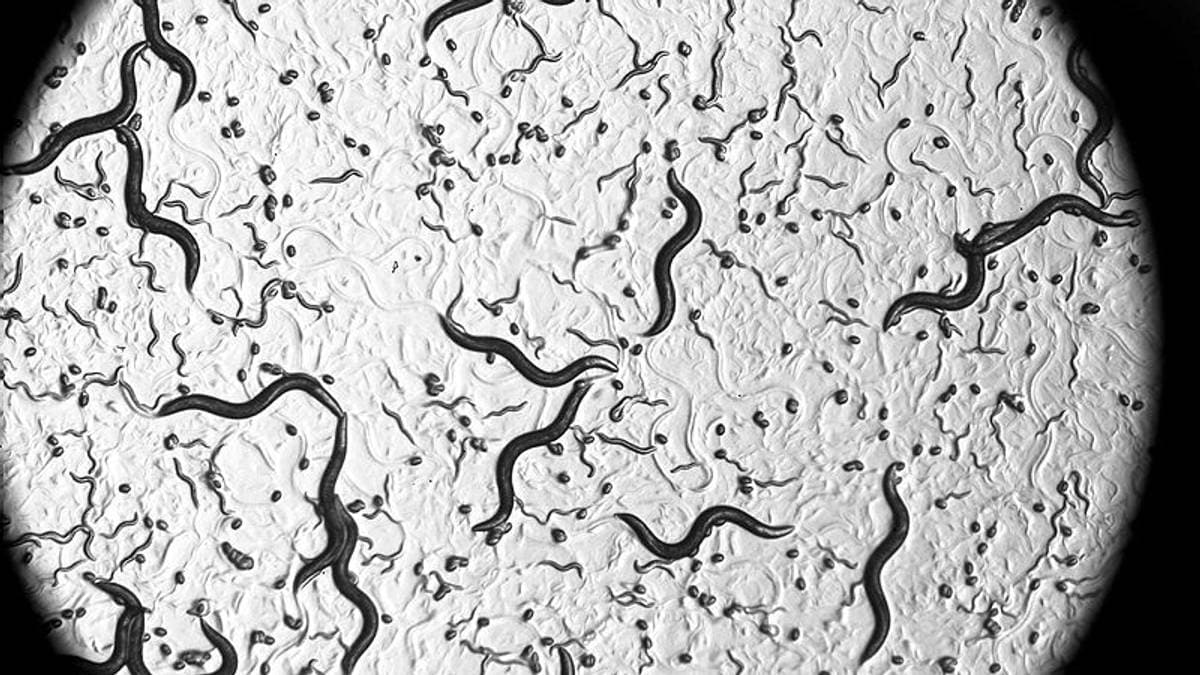Aging is a natural part of the biological process. But it makes us fragile.
Aging is actually the biggest risk factor for several diseases: cancer, dementia, and cardiovascular disease, just to name a few.
And sick people cost our society a lot.
So should we rather cling to the juvenile thing? And is it even possible?
Perhaps. For now, Norwegian researchers have managed to smooth out the aging process in older laboratory animals.
– Conceptually, this is very interesting, says Hilde Loge Nilsen. She is a professor and section head at the University of Oslo.
It has to help our cells
There are many people who study and have studied aging. And most people want to achieve the same thing: find a way to slow down the process.
It is in our cells that aging occurs. Necessary things happen in there that get worse as we get older.
Also, the genetic material in the cells becomes more unstable.
The trick is to help cells continue to function as well as possible, even as we age, explains Loge Nilsen.
And Norwegian researchers have now managed to do it in nematodes.
Roundworms and Parkinson’s disease
Researchers have conducted various experiments on nematodes, which are small caterpillar-like animals. In technical language they are called nematodes. The nematodes live for about three weeks. But despite their short life span, they still go through a life course similar to ours.
In the studio researchers have studied the development of
Parkinson’s disease is a brain disease in which nerve cells gradually die. The disease affects patients’ ability to move and can cause muscle stiffness and tremors.
” data-term=”Parkinson’s disease”>Parkinson’s disease in older nematodes.
The results show, among other things, that it is possible to inhibit many of the processes in cells that bring about ageing. And the researchers achieved this with the help of various substances i krill oil.
– We found that krill oil, a natural extract, inhibits many of the processes that drive aging in nematodes. We have also seen this in cultured human cells. Using a so-called aging clock, we see that the rate of processes slows down for animals receiving krill oil, the professor tells NRK.
Professor Hilde Loge Nilsen (right) together with PhD student Veronica Suaste Morales. Morales calculated biological age in experiments and co-authored the paper.
Photo: Ine Eriksen / UiO
Roundworms don’t get Parkinson’s disease, but they show some of the same signs that people with the disease do, explains Loge Nilsen.
– We can measure the signs and then see that roundworms that get krill oil don’t lose nerve cells in their brains as they get older. The nematodes therefore retain memory and
Neuromuscular training is a collective term for forms of training that include balance training, sensorimotor training, dynamic joint stabilization training, and jump training.
” data-term=”neuromuscular function”>neuromuscular function. They are generally much more active when old than other nematodes.
Numerous clinical studies will also show documented health-promoting effects of krill oil in humans.
Socially effective?
The researchers behind the new study believe that one should try to think in new ways when it comes to this
The old waveis a term used to describe a “surge” of old-age retirees, caused by increasingly long life expectancy due to, among other things, improved health services and high birth rates after World War II combined with the decline in birth rates over the last few decades.
” data-term=”the wave of seniors”>the wave of seniors and the challenges it brings.
– Older people increase the pressure on the health care system. This is because many of our most common diseases are caused by aging. But HWhat if we could delay the first heart attack by 5 years?
But are these findings transferable to humans?
– Mye of what we know about the mechanisms of aging we know thanks to animal experiments. Including from nematodes. These animals are also a great tool for studying interventions. Some of these have even been shown to have an effect in humans, says the researcher.
Now they are working further to be able to conduct similar studies in humans.


